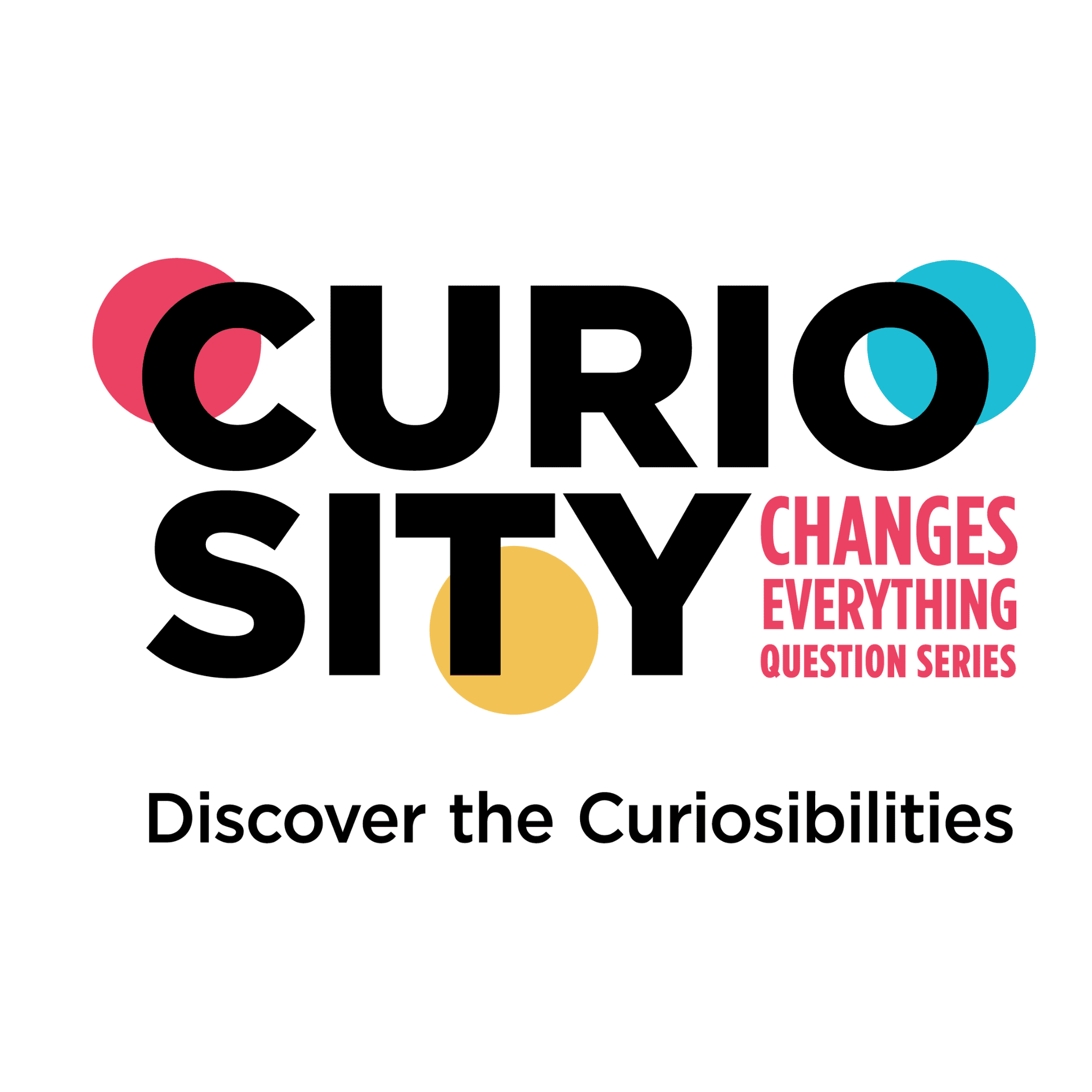Episode 2: Desiree Adaway, Aaron Dignan & Jean-Philippe Courtois on the Risks of Jumping Into Action
category: Engagement
What happens when organizations jump into action before getting clear on the real challenge?
Our second episode draws on the wisdom of Desiree Adaway, Aaron Dignan and Jean-Philippe Courtois.
- Desiree is a Principal of The Adaway Group, working to build resilient, equitable and inclusive organizations.
- You might know Aaron from is podcast, or his book, Brave New Work.
- Jean-Philippe is EVP and President of National Transformation Partnerships at Microsoft.
Full Transcript
Desiree Adaway:
We end up actually excluding people. We make the wrong decision and we end up causing way more harm than we ever anticipated. Sometimes we have to start over, and that actually means relationships that we had before end sometimes, and ultimately the problem does not get solved, y'all.
So we don't get to jump into action before we are clear with the deep analysis that helps us get to the root cause, and really center those most impacted. What we want to do is be vulnerable and clear and transparent with our communication, but we want to make sure we are clear about our next steps and we understand the impact.
Aaron Dignan:
I do think this is a very common habit, especially of high-performing organizations, where we're so good at executing, we're so good at doing and finding that way forward, and taking the first steps, that as soon as we get the hint of something in our teeth, a thing that needs to be changed or fixed, or a good idea that could be brought to market, it's just go, go, go, without a lot of reflection. And so what can happen then is you jump on that first idea instead of the best idea, or you get chasing your tail a little bit. You're just always reacting and always pushing, instead of making sense of what's going on.
And so ideally what we tend to recommend and tend to focus on is can we build a muscle for noticing and for sense-making, and for discussing as a group what's really going on. What's the underlying systemic tension or opportunity? Can we see all sides of it? Maybe even do a little scenario planning, do a little comparison.
And make sure that when we prioritize something, it's because we've thought it through. Not to the point of analysis paralysis, not to the point of everything has to be signed off on and stamped in triplicate. But just more, "Have we taken a beat? Have we slept on it? Have we asked a few different folks with different perspectives and backgrounds what they think?" So that we've done our homework and by the time we take action, maybe 24 hours later, maybe a week later, maybe two weeks later, we have a really good sense that this is the right thing for us, and we want to make this bet and we want to see how it plays out.
Jean-Philippe Courtois:
If you really want have an impact, you need to be crystal clear on the real challenge you want or your people want to solve. I've learned the hard way that focusing exclusively on the what and sometime the how is easy, but not decisive. You need to start with why. What is it that we or you want to achieve for all teams, organization or company, or with the world? And why is that so important to you and all of us?
And given that very personal context, what is truly the real challenge you are struggling with? So when we talk about leadership at Microsoft, the first principle we embrace is to bring clarity, which means taking the time to be a coach-like leader, to deeply connect with your people, create the trust, the deeper listening and the curiosity to uncover the real challenge they have. And as you do that with positive energy, guess what? You create a lot more opportunities for people to succeed.
